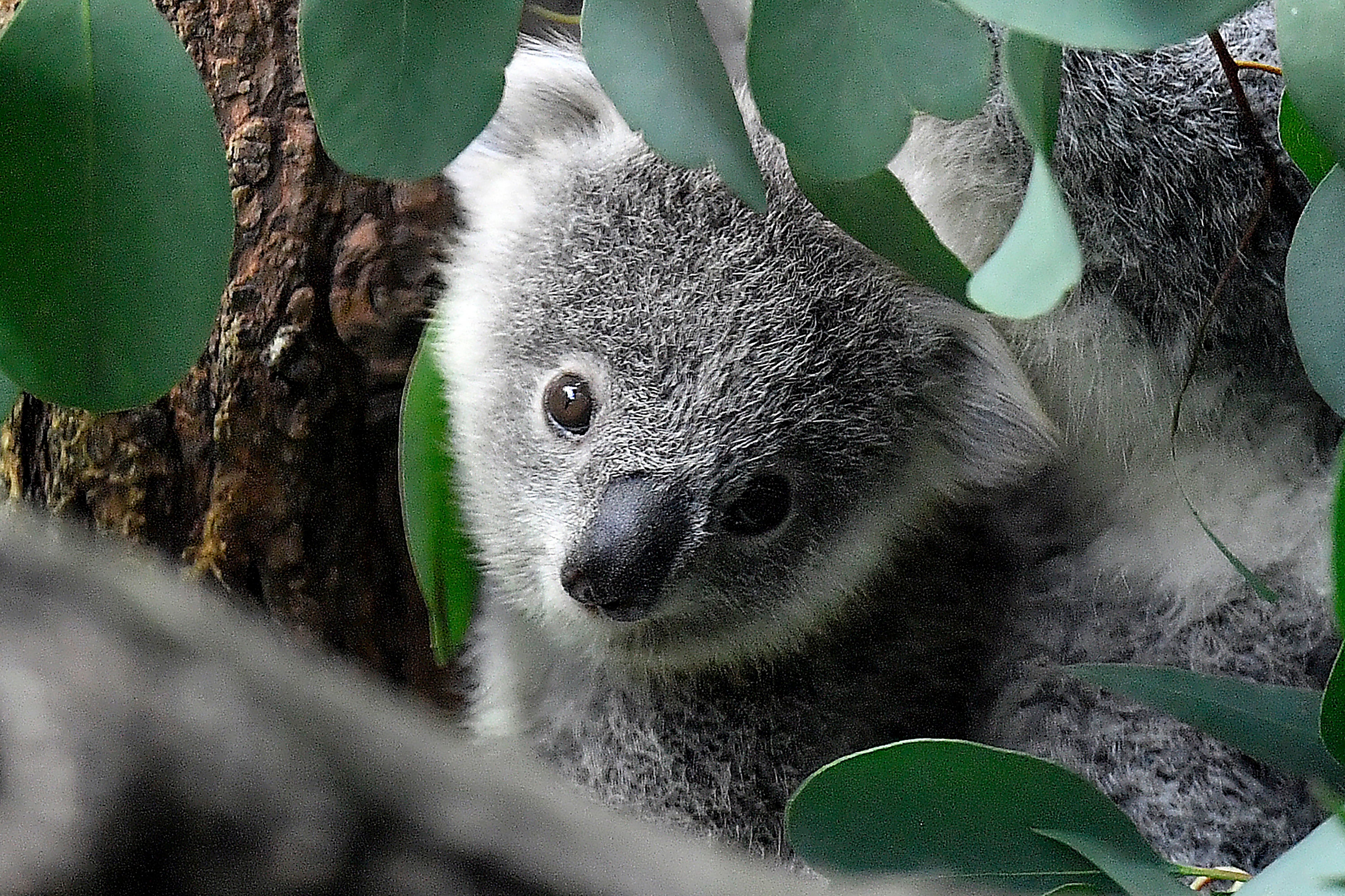Koala declared endangered as disease, lost habitat take toll
Koalas have been declared officially endangered in eastern Australia as they succumb to disease, lost habitat and other threats

Koalas were declared officially endangered Friday in eastern Australia as they fall prey to disease, lost habitat and other threats.
Federal Environment Minister Sussan Ley downgraded their conservation status across the country’s east coast, in Queensland New South Wales and the Australian Capital Territory on a recommendation by the government’s Threatened Species Scientific Committee.
Earlier they had been listed as a vulnerable species.
Many koalas in Australia suffer from chlamydia. Koala populations in New South Wales have fallen by 33%-61% since 2001. In 2020, a parliamentary inquiry warned the species might become extinct before 2050 without urgent intervention.
The number of koalas in Queensland has fallen by half since 2001 due to drought, fires and deforestation. Some are killed in attacks by dogs, or run over on roads.
“Koalas have gone from no-listing to vulnerable to endangered within a decade. That is a shockingly fast decline,” said Stuart Blanch, a conservation scientist with the World Wildlife Fund-Australia.
“Today’s decision is welcome, but it won’t stop koalas from sliding toward extinction unless it’s accompanied by stronger laws and landholder incentives to protect their forest homes,” he said.
The Australian Koala Foundation estimates that there are less than 100,000 Koalas left in the wild, possibly as few as 43,000. Summer brushfires in 2019-20 killed at least 6,400 of the animals, as rescuers worked desperately to save them and treat their injuries.
“There have been many pressures on the koala. The Black Summer fires, of course, was a tipping point. But we know the koala is vulnerable to climate change and to disease,” Ley told reporters at the Blue Mountains on Friday.
Ley said vaccines to prevent and treat chlamydia among koalas, the use of drones to study them and restoration of habitat are ways to the government is helping protect the vulnerable marsupial.
The government contends that listing koalas as endangered will highlight and help address threats, while conservation groups argue more has to be done to prevent their extinction.
The Australian Koala Foundation has called for legislation to protect them and curb land clearing and mining projects that are wrecking their habitats. It says koalas also are in danger across Victoria and South Australia
Deborah Tabart, chair of the foundation, said the designation of koalas as endangered was “nothing but a token gesture."
“Behind all the photo opportunities and political rhetoric they (the federal government) continue to approve the destruction of koala habitat,” she said.
Bookmark popover
Removed from bookmarks